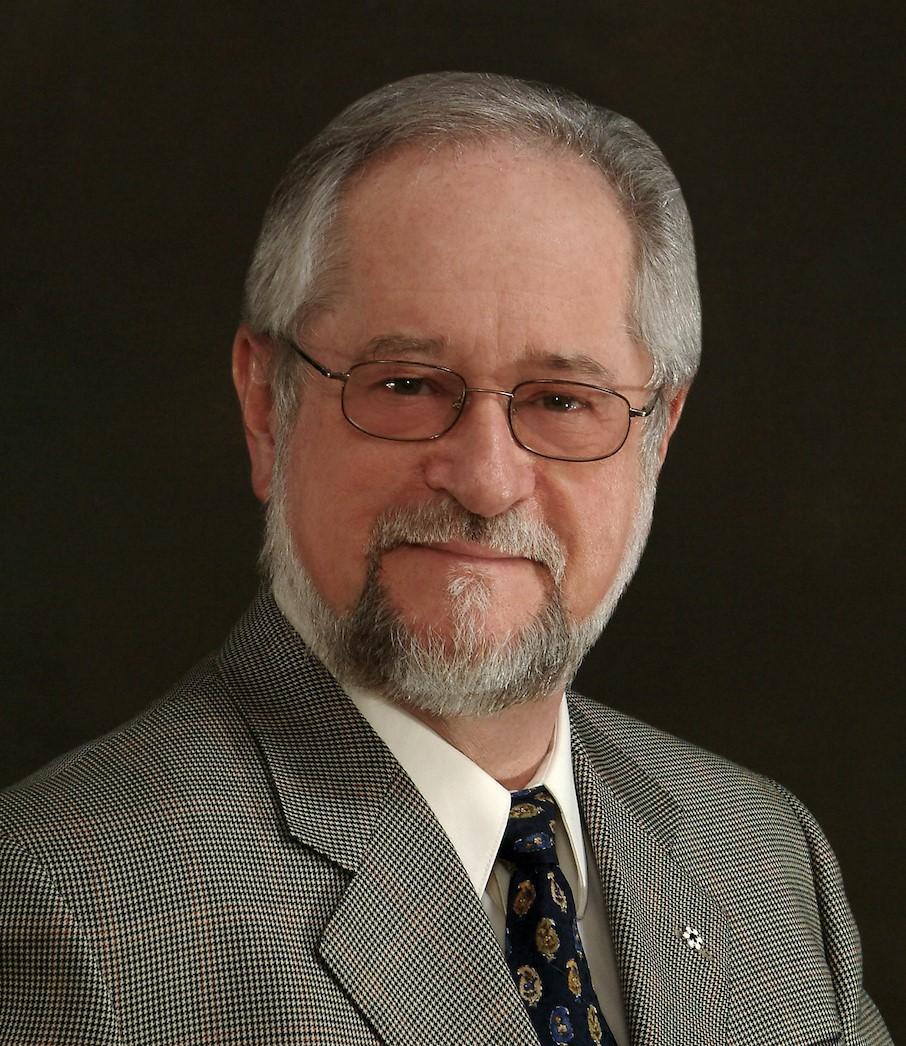Chemistry Seminar: Professor Robert Young
- Date: Wed, 3 Apr 2019, 1:00 pm - 2:00 pm
- Location: Physics Building Seminar Room 121
- Cost: FREE
- Contact: Dr Christopher Newton 8313 5308
- Email: christopher.newton@adelaide.edu.au

Presenter
Professor Robert Young - Department of Chemistry, Simon Fraser University, Canada
Merck Frosst – BC Leadership Chair in Pharmaceutical Genomics and Drug Discovery
Robert Young trained as a chemist at the University of British Columbia (PhD 1971), completed a postdoc at the Imperial College (London) (1971-73) and University of Adelaide (1973-75) and was a Research Associate at the Institut de Chimie des Substances Naturelles (Gif-sur-Yvette, France) (1976-77).
Dr Young joined Merck Frosst Laboratories in Montreal in 1977 and was VP Medicinal Chemistry and acting site head at Merck Frosst and also site head at the MRL Terlings Park Neuroscience Centre in the UK during a 29-year career at Merck.
In 2006 Professor Young took early retirement and joined the Chemistry Department of Simon Fraser University as the Merck Frosst-BC Leadership Chair in Drug Discovery conducting research into developing new drugs. Current research is centred on discovery and validation of new targets for drug development in cancer and cystic fibrosis with programs directed to targeted drug delivery. These programs are specifically for development of new anabolic therapies for bone diseases such as osteoporosis and brittle bone disease (osteogenesis imperfecta).
Dr Young led development of five approved drugs including SingulairTM and ArcoxiaTM and founded three companies and was President of the Canadian Society for Pharmaceutical Sciences 2012-14 and was recognised with a number of awards including the ACS Heroes of Chemistry, two Prix Galien, Fellow of the Royal Society of Canada and the Order of Canada.
Abstract
Bone Targeting Pro-drug Conjugates for treatment of Osteoporosis and Other Bone related Conditions
Safe and effective drugs to stimulate bone growth (anabolics) are needed to reverse bone loss in osteoporosis and to repair bone defects in many bone related diseases. We have shown that prostaglandin E2 stimulates rapid bone growth through interaction with the EP4 receptor and we designed potent and selective EP4 receptor agonists.
Unfortunately, these agonists still have unwanted systemic side effects. To address these issues, bone-targeting prodrug conjugates of EP4 agonists that selectively bind to bones and release the active EP4 agonist in situ were designed. The synthesis of several such conjugates will be described as well as studies to demonstrate their selective biodistribution and efficacy in animal models of osteoporosis and bone repair.
